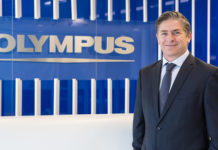Optus is Australia’s second largest telecommunications provider connecting around 9.5 million mobile customers and employing over 8,000 staff. Optus provides a range of services including mobile, fixed and IP telephony, business network services, fixed and wireless broadband, satellite services, as well as entertainment and subscription TV.
To enhance customer experience, Optus implemented major changes to their routing technology. The effectiveness of these changes meant that the models and calculations used to forecast quality of service and staff requirements became invalid.
A new modelling framework needed to be created without incurring additional cost. Utilising the programming and mathematical skillsets of the team, Optus decided to develop a Discrete Event Simulation (DES) model from scratch. A DES creates computerised models in order to simulate arbitrarily complex systems, without having to simplify the model. This simulation can be used to get a better understanding of how a model behaves given a different set of conditions in order to reflect uncertainty and provide an approximate solution.
The DES project activities were incorporated into delivering the overall routing project. The integratration of DES resulted in significant cost savings to Optus, not only in purchasing costs, but also as it highlights areas of the business where efficiency can be improved. As it lacks the reliance of many forecasting tools on past data or business stability, its flexibility offers a far greater level of future proofing for changing market conditions. In 2014, Optus has been recognised as an ABA100 Winner for Technology in The Australian Business Awards 2014.


![optus-service[1]](https://announced.media/wp-content/uploads/2014/07/optus-service1.jpg)





